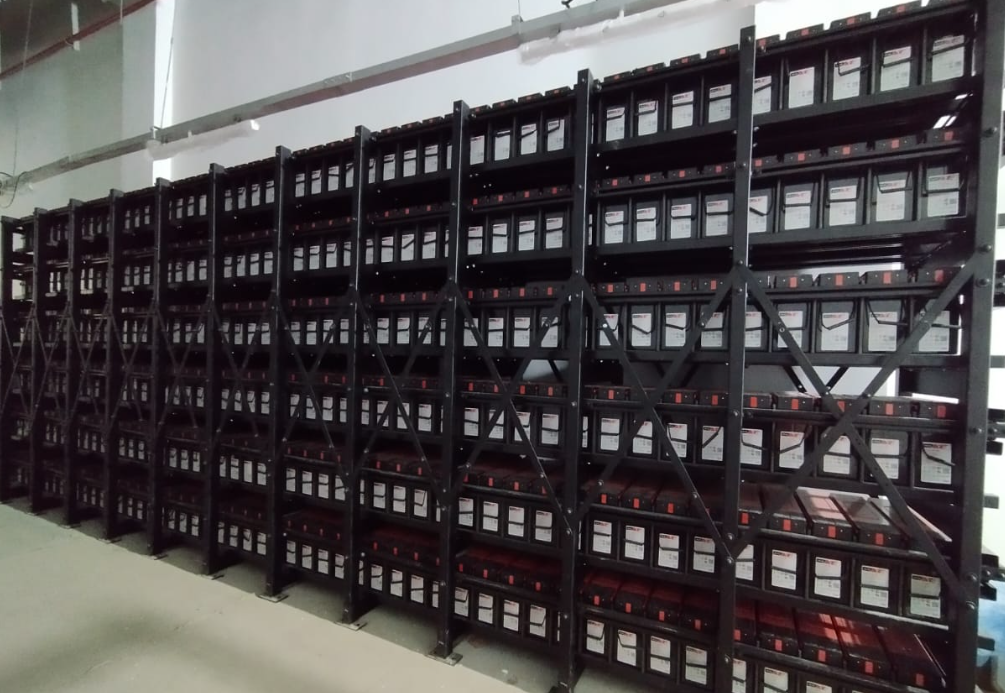With the growing global emphasis on reducing greenhouse gas (GHG) emissions, data centers face increasing pressure to adopt sustainable practices. Scope 3 emissions, often representing the majority of an organization’s total carbon footprint, have emerged as a critical focus area for data centers. These emissions arise from indirect activities within the value chain, such as supply chains, construction, and energy sources. As a Distributor UPS Data Center, Climanusa is dedicated to supporting Indonesian data centers with solutions that contribute to reduced Scope 3 emissions, promoting environmental stewardship across the data center industry.
Understanding Scope 3 Emissions and Their Importance
Scope 3 emissions refer to indirect emissions not covered under Scope 1 and Scope 2, arising from sources not directly owned or controlled by the organization. These emissions include everything from supply chain activities to product end-of-life processing, accounting for 65-95% of a company’s total carbon footprint. For data centers, Scope 3 emissions can be linked to facility construction, cooling systems, and uninterruptible power supply (UPS) systems, which are integral to operational resilience.
Why tracking Scope 3 emissions matters:
- Enhanced Sustainability Reporting: Transparency in Scope 3 emissions allows data centers to offer stakeholders a complete picture of their environmental impact.
- Regulatory Preparedness: As governments globally strengthen emissions regulations, reporting Scope 3 emissions helps data centers stay ahead of compliance requirements.
- Competitive Advantage: By measuring and reporting Scope 3 emissions, data centers can gain a competitive edge, attracting clients and investors focused on sustainability.
UPS Systems and Their Role in Scope 3 Emissions
UPS systems are essential for data center operations, but their battery chemistries can contribute significantly to Scope 3 emissions. Climanusa provides innovative UPS battery solutions that help Indonesian data centers reduce their carbon footprint. Nickel-zinc (NiZn) batteries, for example, offer a more sustainable alternative to traditional lead-acid or lithium-ion batteries. Compared to these conventional batteries, NiZn batteries demonstrate lower GHG emissions, a reduced water footprint, and safer materials, making them an ideal choice for environmentally conscious data centers.
Benefits of NiZn battery technology for Scope 3 emissions reduction include:
- Lower GHG Emissions: NiZn batteries require fewer emissions-intensive materials than traditional options, resulting in a 63% reduction in GHG emissions compared to lithium-ion batteries.
- Minimal Water Usage: NiZn batteries demand up to 96% less water for production compared to lithium-ion batteries, aligning with global efforts to conserve water.
- Fast Carbon Payback Time: NiZn batteries achieve a carbon payback time four times faster than lithium-ion and lead-acid batteries, allowing data centers to offset their GHG footprint sooner.
Practical Steps for Indonesian Data Centers to Reduce Scope 3 Emissions
As Indonesian data centers work to reduce their Scope 3 emissions, several best practices can support this goal:
- Partnering with Sustainable Suppliers:
Selecting UPS providers and other suppliers with low-carbon practices is a proactive step towards reducing Scope 3 emissions. Climanusa’s commitment to sustainable UPS technology aligns with data centers aiming for minimal environmental impact. - Optimizing UPS Battery Chemistries:
Switching to NiZn batteries in UPS systems allows data centers to reduce the carbon intensity of their supply chains. NiZn batteries offer a safer, non-flammable alternative with fewer hazardous chemicals than lead-acid and lithium-ion batteries, making them an eco-friendly choice. - Implementing Real-Time Monitoring and Reporting:
By using real-time data on UPS performance and energy use, data centers can track emissions and identify opportunities for improvement. Real-time monitoring also helps predict maintenance needs, reducing unexpected downtime and enhancing overall efficiency. - Utilizing Renewable Energy Sources:
Integrating renewable energy with UPS systems lowers Scope 3 emissions tied to electricity use. By sourcing renewable energy for their backup power systems, data centers can significantly reduce indirect emissions associated with non-renewable power.
The Environmental and Economic Benefits of Scope 3 Emissions Reduction
By prioritizing Scope 3 emissions reduction, Indonesian data centers can unlock several environmental and economic benefits:
- Enhanced Stakeholder Confidence: Transparent emissions reporting fosters trust with investors, clients, and the public, positioning data centers as leaders in sustainability.
- Operational Efficiency: Eco-friendly battery chemistries and sustainable practices minimize energy wastage, resulting in long-term cost savings and reduced operational expenses.
- Improved Regulatory Compliance: As more countries adopt regulations on carbon emissions, being proactive with Scope 3 reporting and reductions ensures data centers remain compliant with future policies.
Conclusion: Building a Sustainable Data Center Future in Indonesia
With the demand for data storage and processing continually growing, Indonesian data centers face both the challenge and opportunity of operating sustainably. Reducing Scope 3 emissions is a key step toward achieving environmental goals, and Climanusa supports this mission by offering UPS solutions designed with sustainability in mind. By adopting green practices and tracking Scope 3 emissions, Indonesian data centers can set a powerful example for other industries, demonstrating that sustainability and high performance can go hand in hand.
Climanusa is your reliable partner for sustainable UPS solutions in Indonesia, empowering data centers to lead in efficiency and environmental responsibility.
For more information, please click here.
–A.M.G–

